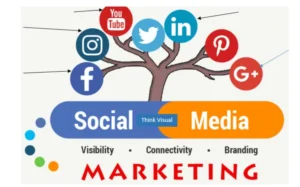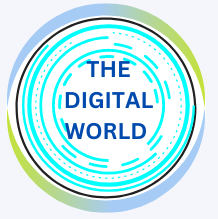what is ?
digital marketing
Digital marketing is a multifaceted strategy aimed to identify, contact, and build relationships with customers online, through a wide range of channels, in order to persuade them to make purchases and more. It encompasses the use of digital technologies and media for the marketing of products and services through the internet, mobile devices, social media, search engines, display advertising, and other digital mediums
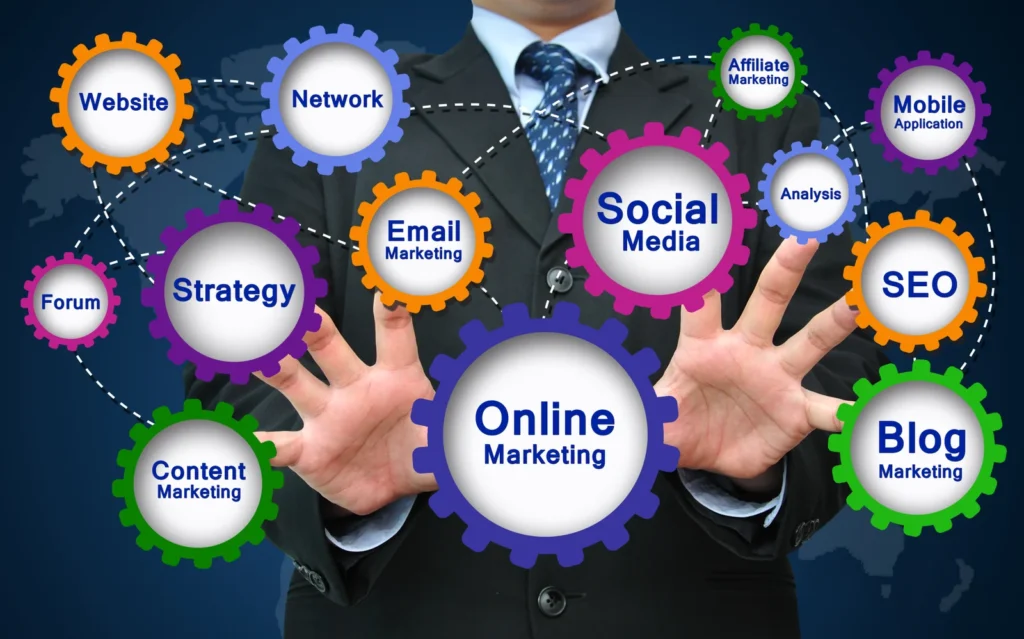
content marketing
content marketing is a strategic marketing approach focused on creating and distributing valuable, relevant, and consistent content to attract and retain a clearly-defined audience — and, ultimately, to drive profitable customer action. Instead of pitching your products or services, you are providing truly relevant and useful content to your prospects and customers to help them solve their issues.
Here are some key elements and benefits of content marketing:
1. *Value and Relevance*: The core of content marketing is to deliver information that your audience finds valuable and relevant to their needs, interests, or pain points. This could range from blog posts, videos, and social media content to ebooks, whitepapers, and infographics.
2. *Audience Engagement*: By providing content that resonates with your audience, content marketing strategies aim to engage readers, viewers, or listeners on a deeper level, fostering a sense of community or brand loyalty.

3. *Brand Awareness and Trust*: Consistently delivering high-quality content helps build brand awareness and establishes your brand as a thought leader in your industry. This, in turn, builds trust with your audience.
4. *SEO Benefits*: Quality content is a cornerstone of search engine optimization (SEO). By creating content that ranks well in search engines for keywords relevant to your business, you can attract more organic traffic to your website.
5. *Lead Generation and Conversion*: Effective content marketing not only attracts an audience but also can lead them through the buyer’s journey from awareness to consideration and decision stages, ultimately driving conversions and sales.
6. *Cost-Effectiveness*: Compared to traditional forms of advertising,
Social media marketing (SMM)
Social media marketing (SMM) is a form of digital marketing that involves creating and sharing content on social media networks in order to achieve marketing and branding goals. It encompasses a wide range of activities, including posting text and image updates, videos, and other content that drives audience engagement, as well as paid social media advertising. Social media marketing can be used by businesses of all sizes to communicate with existing customers and reach new ones, promoting their desired culture, mission, or tone.
Key components of social media marketing include:
1. *Strategy Development*: Before beginning a social media campaign, it’s important to define the goals (e.g., increasing brand awareness, driving website traffic, generating leads), choose the right social media platforms (based on where the target audience spends their time), and plan the type of content that will be shared.
2. *Content Creation and Curation*: Creating engaging and relevant content that resonates with the audience, including text posts, videos, images, and infographics, tailored for each social media platform.
3. *Posting and Scheduling*: Regularly updating social media profiles with new content to keep the audience engaged and interested. Many businesses use scheduling tools to maintain a consistent presence on social media.
Social media marketing benefits businesses by allowing them to engage directly with their customers, foster brand loyalty, increase brand visibility, and improve opportunities for conversion. It also provides valuable insights into customer behavior and preferences, enabling more targeted and effective marketing strategies.
4. *Engagement*: Interacting with followers by responding to comments, messages, and reviews, as well as engaging with other users’ content to increase visibility and community presence.
5. *Analytics and Monitoring*: Using tools to track the performance of social media activities, including engagement rates, reach, follower growth, and the impact on web traffic and conversions. This data helps in refining and optimizing the strategy.
6. *Advertising*: Employing paid social media advertising campaigns to reach a broader or more targeted audience. Platforms like Facebook, Instagram, Twitter, LinkedIn, and Snapchat offer various advertising options that can be customized based on demographics, interests, behaviors, and more.
digital marketing
SMO Optimization
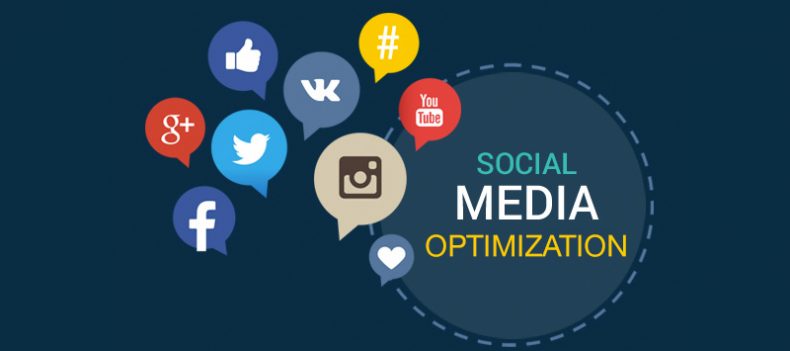
INFLUENCER MARKETING
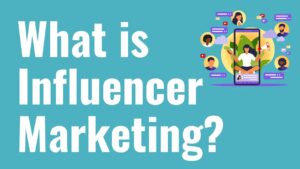
Influencer marketing is a form of social media marketing that involves endorsements and product placements from influencers—individuals who have a dedicated social following and are viewed as experts within their niche. Influencer marketing works because of the high amount of trust that influencers have built up with their following, and recommendations from them serve as a form of social proof to the brand’s potential customers.
The key components of influencer marketing include:
1. *The Brand*: This is the company seeking to promote its products or services through influencers. Brands partner with influencers to reach specific target audiences, increase brand awareness, and drive sales.
2. *The Influencer*: Influencers are individuals who have the power to affect the purchasing decisions of others because of their authority, knowledge, position, or relationship with their audience. They have a considerable following on social media platforms such as Instagram, YouTube, Twitter, and TikTok, among others. Influencers can range from high-profile celebrities to micro-influencers with smaller but highly engaged audiences.
3. *The Audience*: These are the followers of the influencer, who may be influenced by the endorsements or promotions presented by the influencer. The audience values the influencer’s opinions and recommendations, making them more likely to trust and purchase the promoted products or services.
4. *The Campaign*: Influencer marketing campaigns can take various forms, including sponsored content, product reviews, giveaways, and social media takeovers. The specifics of the campaign depend on the goals of the brand, the platform used, and the agreement with the influencer.
The effectiveness of influencer marketing lies in its ability to leverage the credibility and reach of the influencer to communicate with a target audience in a more authentic and engaging way compared to traditional advertising. For a successful influencer marketing campaign, it’s crucial for brands to choose influencers whose followers match their target audience, and who share values and aesthetics aligned with the brand. This ensures the promotion feels genuine and resonates well with the audience, leading to higher engagement and conversion rates.
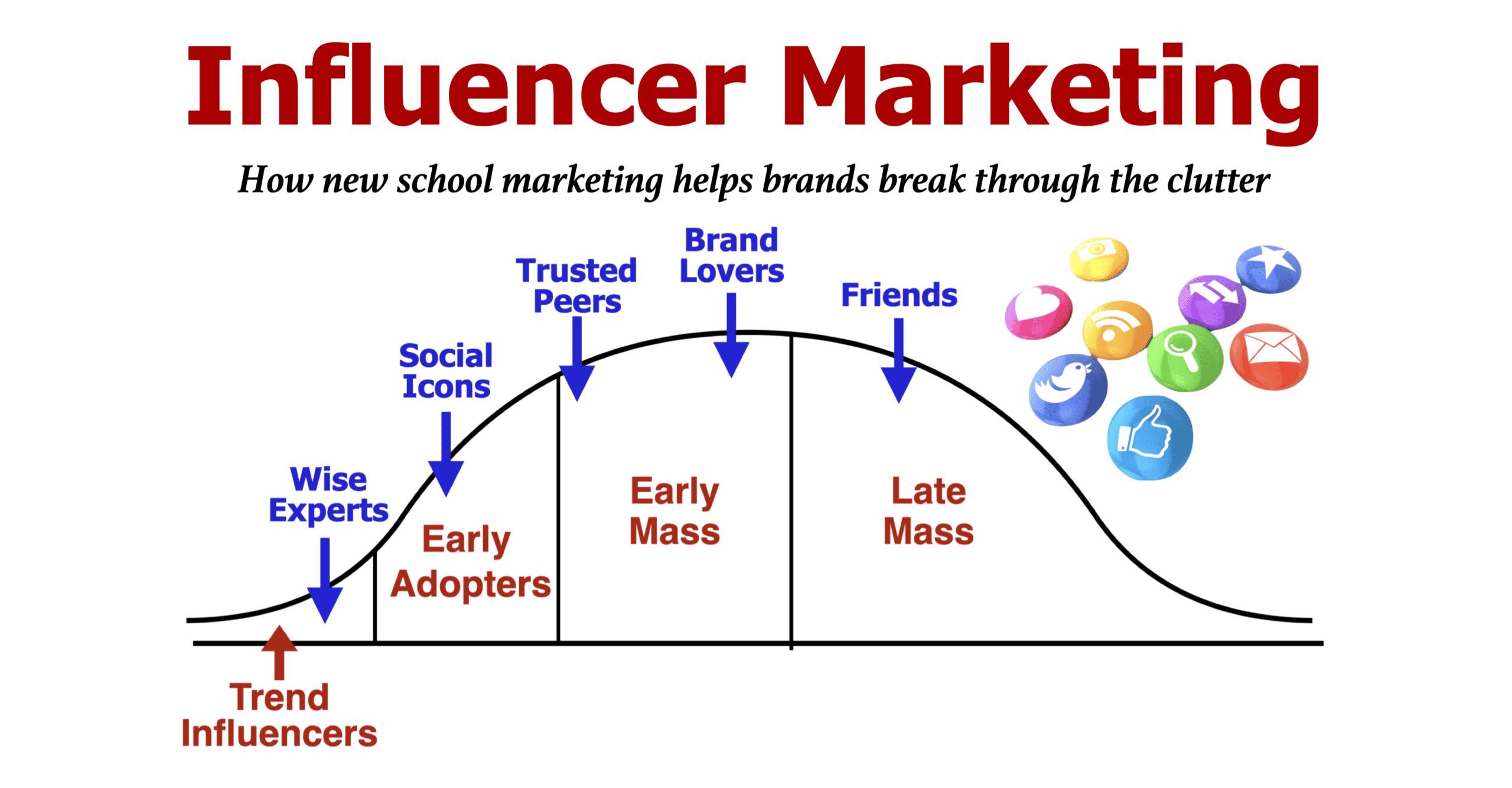
EMAIL MARKETING
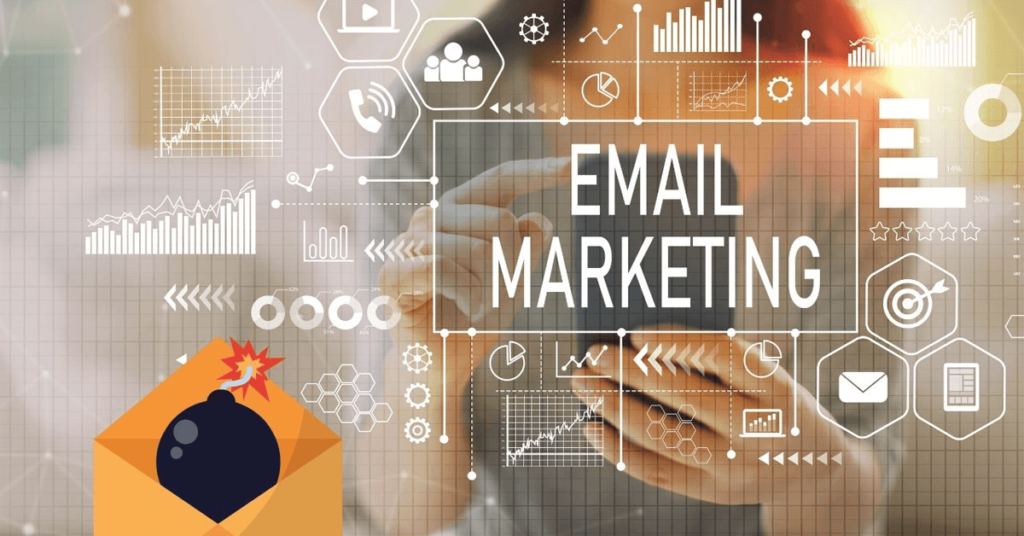
Email marketing is a digital marketing strategy that involves sending emails to a targeted list of recipients with the aim of promoting products, services, or events, and building relationships with potential and current customers. It is a form of direct marketing that allows businesses and organizations to communicate directly with their audience in a personalized and cost-effective manner. Email marketing can serve various purposes, including:
1. *Promoting Products or Services*: Sending emails to introduce new products, offer discounts, or highlight special deals.
2. *Building Relationships*: Providing valuable content, industry news, or useful tips to keep the audience engaged and foster loyalty.
3. *Brand Awareness*: Keeping the brand top-of-mind for consumers by regularly sharing updates, news, and relevant information.
4. *Customer Engagement*: Encouraging interaction through surveys, feedback requests, and personalized messaging.
5. *Driving Traffic*: Directing recipients to a website, blog, or social media to increase engagement or sales.
Effective email marketing relies on building a quality email list, segmenting the audience for personalized communication, crafting compelling content, and analyzing performance metrics to refine strategies. Compliance with regulations such as the CAN-SPAM Act in the U.S., GDPR in Europe, and other local laws is also crucial to ensure ethical practices and protect recipients’ privacy.
PAY PER CLICK
Pay-per-click (PPC) is a digital advertising model used to direct traffic to websites, in which an advertiser pays a publisher (typically a website owner or a network of websites) when the ad is clicked. PPC is commonly associated with first-tier search engines (such as Google AdWords and Microsoft Bing Ads). With search engines, advertisers typically bid on keyword phrases relevant to their target market. In contrast, content sites commonly charge a fixed price per click rather than use a bidding system.
PPC advertisements can also appear on social media platforms like Facebook, Instagram, and Twitter, where companies can target their ads to users based on various factors including demographics, interests, and behaviors.
The effectiveness of PPC advertising depends on the relevance of the keywords chosen, the quality of the advertisement, and the landing page. Advertisers can measure the success of their PPC campaigns through various metrics, including the click-through rate (CTR), conversion rate, and return on investment (ROI).
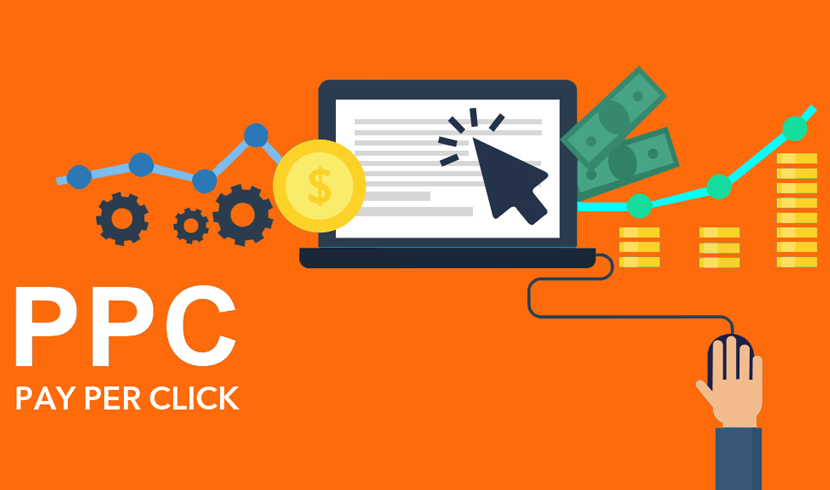
Pay-per-click (PPC)




